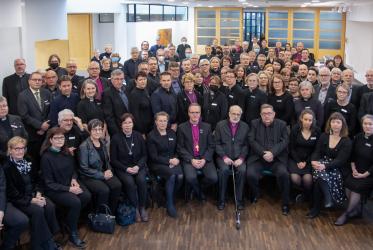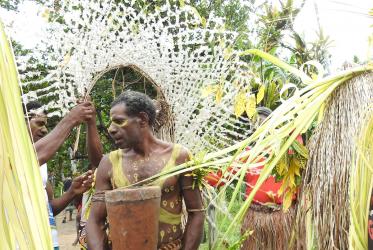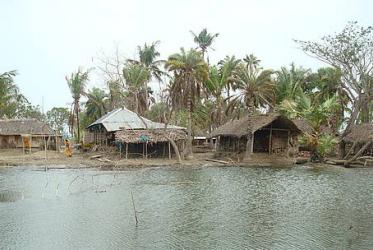Displaying 1 - 18 of 18
Jouni Hemberg: “Make the message more visible”
19 December 2019
The cry of the Papuans in Indonesia
14 November 2019
WCC supports UN petition from French Polynesia
07 November 2018
Symposium focuses on religion, violence, extremism
04 February 2016
WCC/UN conference calls for coordinated action on refugee crisis
20 January 2016
WCC urges responsibility for and support to the refugees in Europe
04 September 2015
WCC Executive Committee speaks out on migrant crises
12 June 2015














